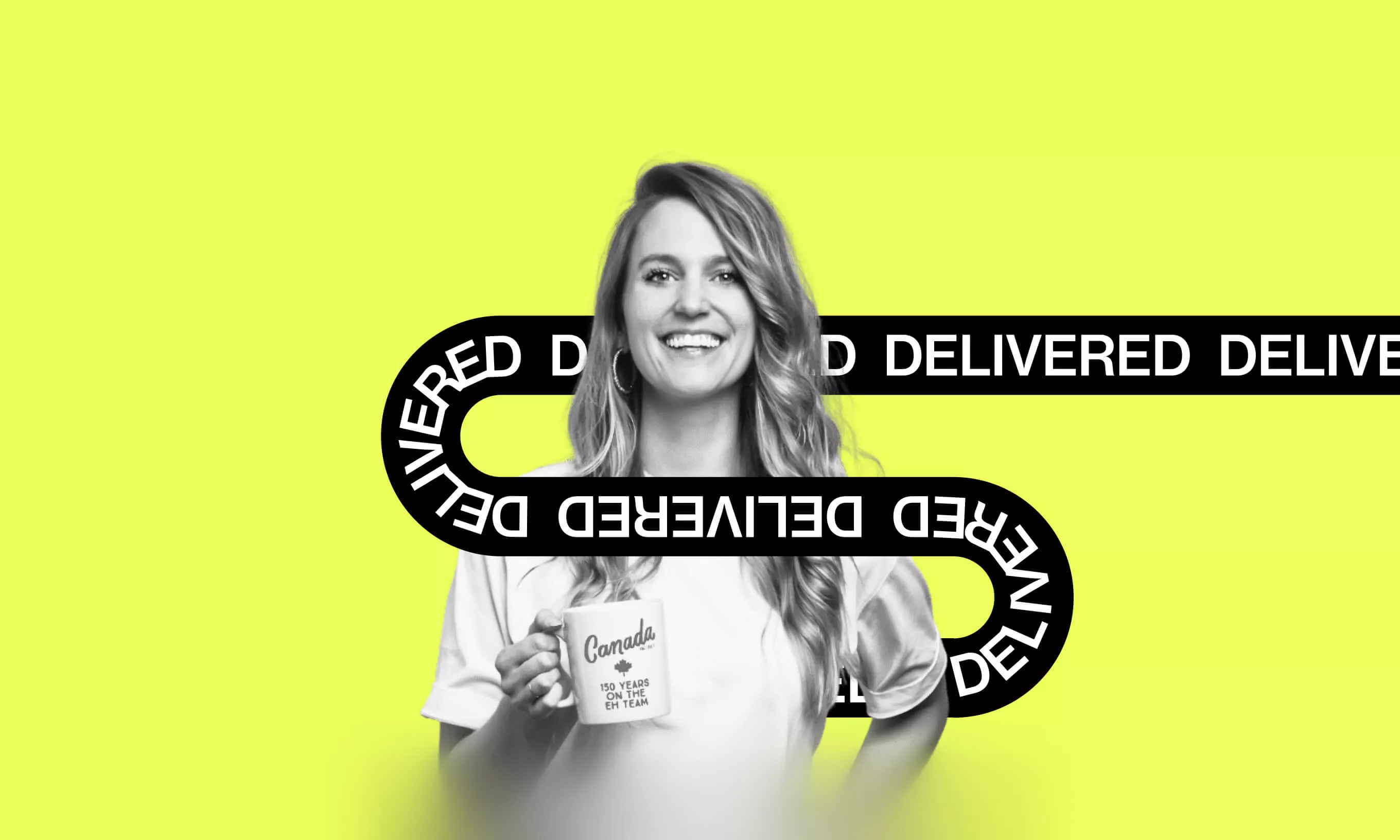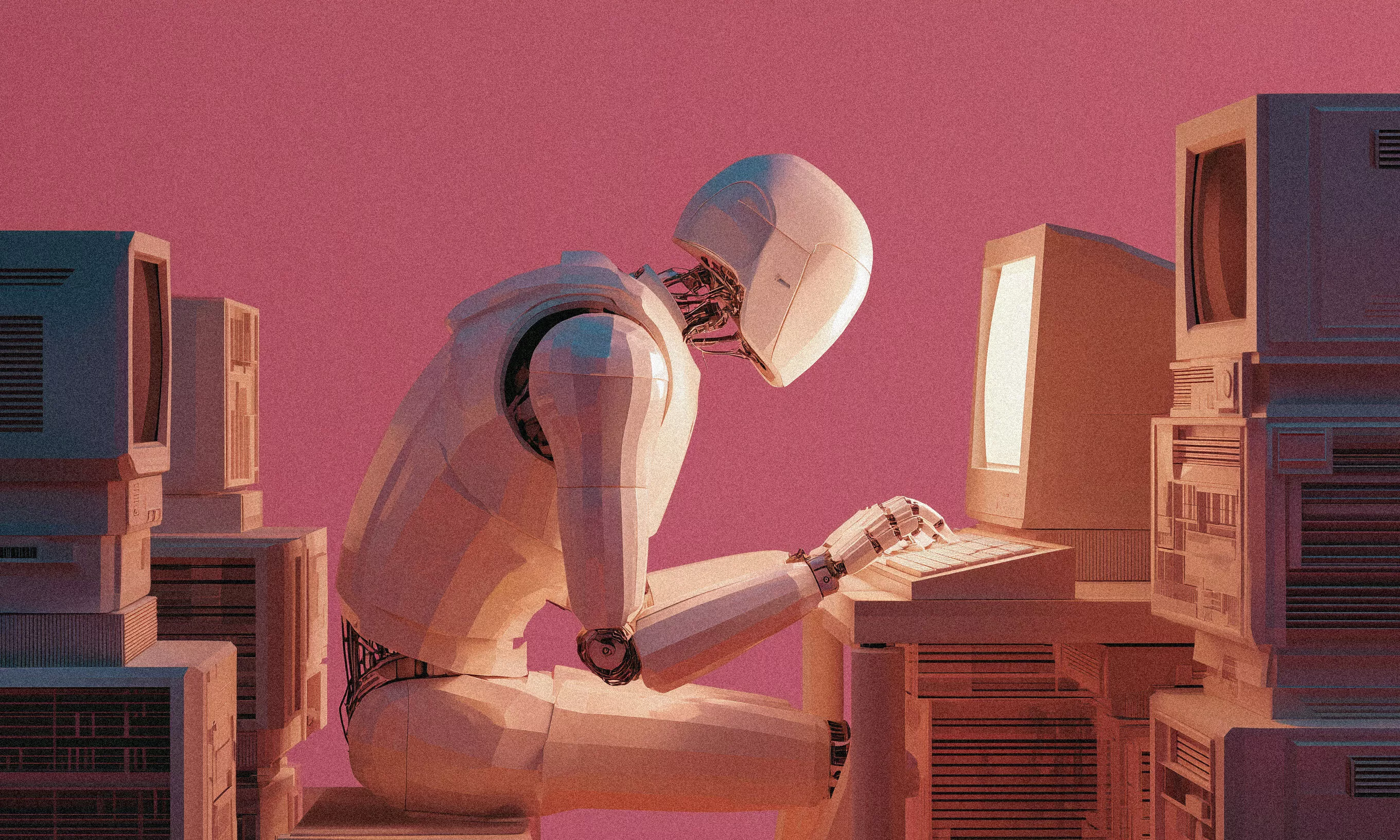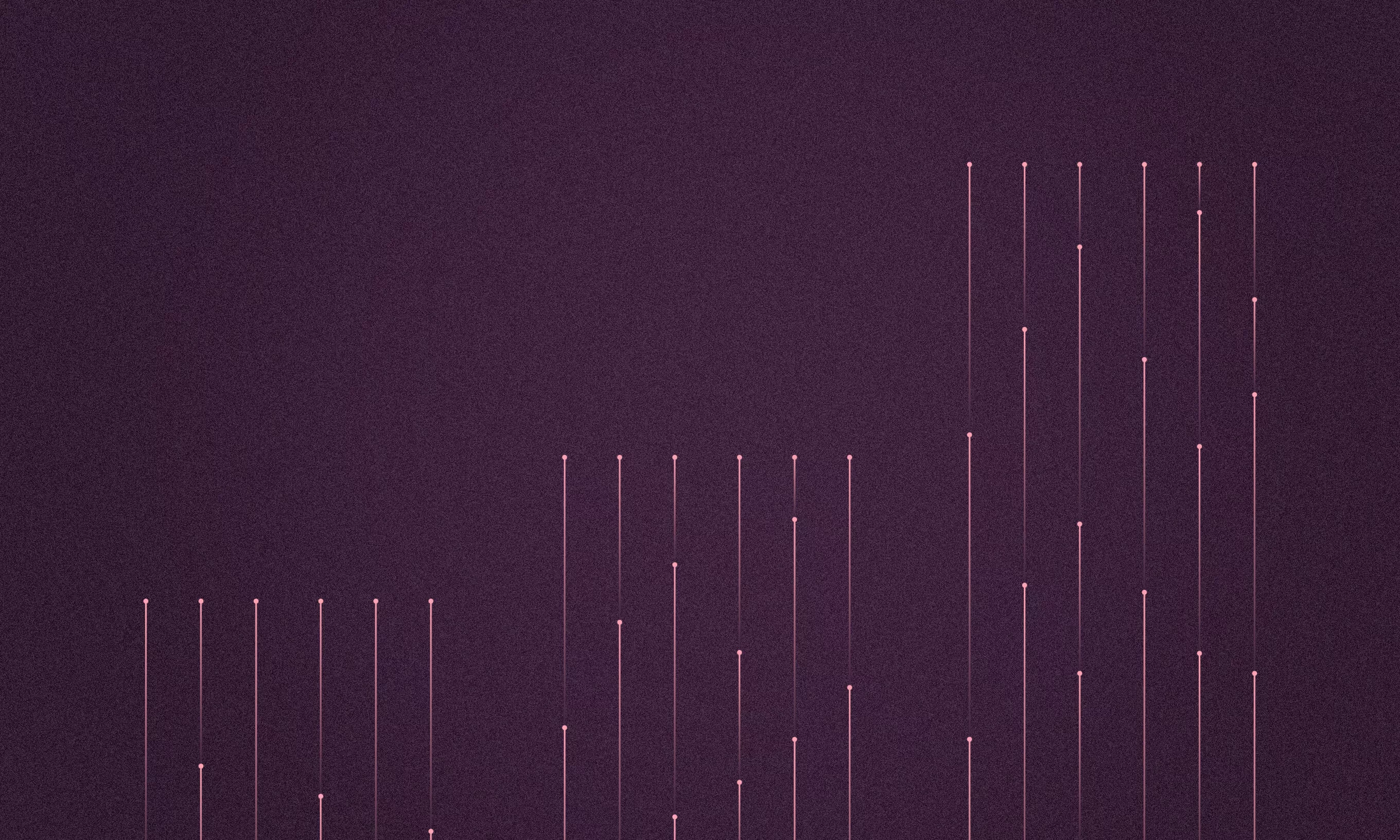Workshop designer and facilitator Brittni Bowering appears in our event series Delivered to discuss how workshops can serve as powerful catalysts for creating successful digital products and solving complex challenges.
In the Agile software development process, a workshop is generally regarded as an activity where several people come together for brainstorming, harnessing interactions and creativity of the participants in order to achieve an objective.
Some of the benefits of workshops include getting buy-in from stakeholders, aligning your teams, staying focused and engaged, and ultimately, getting things done faster, smarter, and better. Major brands like Google, Apple, and LEGO use workshops to drive innovation and launch ground-breaking products.
Workshop designer and facilitator Brittni Bowering recently got the opportunity to share her knowledge and experience on this topic. Brittni has previously facilitated workshops for notable brands such as LEGO, Twitter, Lufthansa, and Procter & Gamble.
Appearing as a guest in our online event series, Delivered, Brittni shared her insights on the benefits of workshops and their different formats, elaborated on the role of facilitators and how different workshop setups lead to different outcomes, and explained how to create memorable experiences with the peak moments strategy.
Workshops are meetings that get things done
Workshops are powerful tools for problem-solving, idea generation, and business collaboration. They serve as catalysts for sparking creativity and generating groundbreaking ideas. A successful workshop requires a clear purpose, well-defined objectives, and a structured approach to achieve the desired outcomes.
Unlike regular meetings, workshops involve active participation and focused efforts to accomplish specific tasks or challenges.
“When we bring a group of people together in one room, whether it’s remote or in person, and we are working together on a specific task or challenge, we’re very dedicated to it. Meetings are often just about getting updates, while workshops get us into the thick of it and we really getting things done,” Brittni explains.
Brittni emphasizes five main benefits of workshops: alignment, focus, engagement, getting stakeholder buy-in, and fostering a sense of camaraderie and fun in a team environment. However, achieving these goals requires skillful facilitation.
The IKEA effect or why workshops really work
What sets workshops apart from conventional meetings is the so-called “IKEA effect.” This is the secret ingredient that can help secure buy-in from stakeholders and ensure alignment within your team. Brittni describes it perfectly:
People tend to prefer the furniture that they built themselves to the furniture they just bought off the shelf. It’s the same with solutions and ideas.
She further explains: “If they’re in the room when the idea or solution has been crafted, they’re much more likely to be bought into that idea and to push it forward”.
Different types of workshops lead to different outcomes
Workshops can be used to tackle various challenges, from team-building and brainstorming to launching products into the market. Companies are even developing their own workshop toolkits, including various workshop formats for different purposes, allowing teams to be familiar with the processes and achieve more in less time.
Brittni workshopped at LEGO and shared how this iconic brand utilizes workshops:
“The company themselves are very innovative. Their whole DNA is about innovation and play, and they’re constantly workshopping. There’s a huge group of Agile coaches, as many as a couple of hundred. The Agile coaches move from team to team, getting their people together, running lots of sessions, facilitating a lot of different kinds of workshops,” Brittni explains.
Workshops can be done in person or remotely. The power of in-person workshops, as discussed in the episode, is still unmatched, as they create an energy exchange that virtual sessions lack. However, remote workshops can also be effective with the right approach, for example, by introducing peak moments.
Delivering memorable experiences with peak moments
To ensure that the workshops she facilitates are memorable experiences, Brittni employs a phenomenon known as peak moments. This concept is universally applicable whether you’re delivering a speech, a presentation, or a workshop. So, what is it exactly?
A peak moment is a surprising twist that elevates an experience from ordinary to extraordinary. It could be a burst of laughter, a rush of emotions, or a thought-provoking insight.
These high points leave a lasting impression, making people remember the experience more positively than it objectively might have been. Our brains are wired to remember the peaks and valleys while the middle usually fades into obscurity.
Instead of aiming for a flat, forgettable experience, we should strive to produce those exhilarating peaks. Brittni’s approach ensures that your audience remembers your event as something truly incredible, even if it was just okay.
“I like to give the participants a little gift. Sometimes it’ll be a book that I’m reading or something related to creativity, something that makes sense for what we’re working on. For me, that is really on-brand because I love learning and I love creativity,” says Brittni.
The role of workshop facilitators
Establishing a positive and creative mood in workshops is crucial for encouraging active participation and idea sharing, and that’s where a facilitator comes in. Workshop facilitators should be skilled at engaging participants, managing time effectively, and adapting to different personalities.
Additionally, they should be prepared to handle workshop skeptics.
“It seems that no matter how much people trust you or see you as the expert, there’s still a little doubt, even if it’s just under wraps. There are always some activities that feel disjointed or something that seems a little fluffy. But you’re right at the end every time. And usually, at the end of the workshop, your biggest skeptic then becomes your biggest believer”, Brittni concludes.
If you’d like to hear Brittni talk more about the power of workshops, watch the full episode now.










